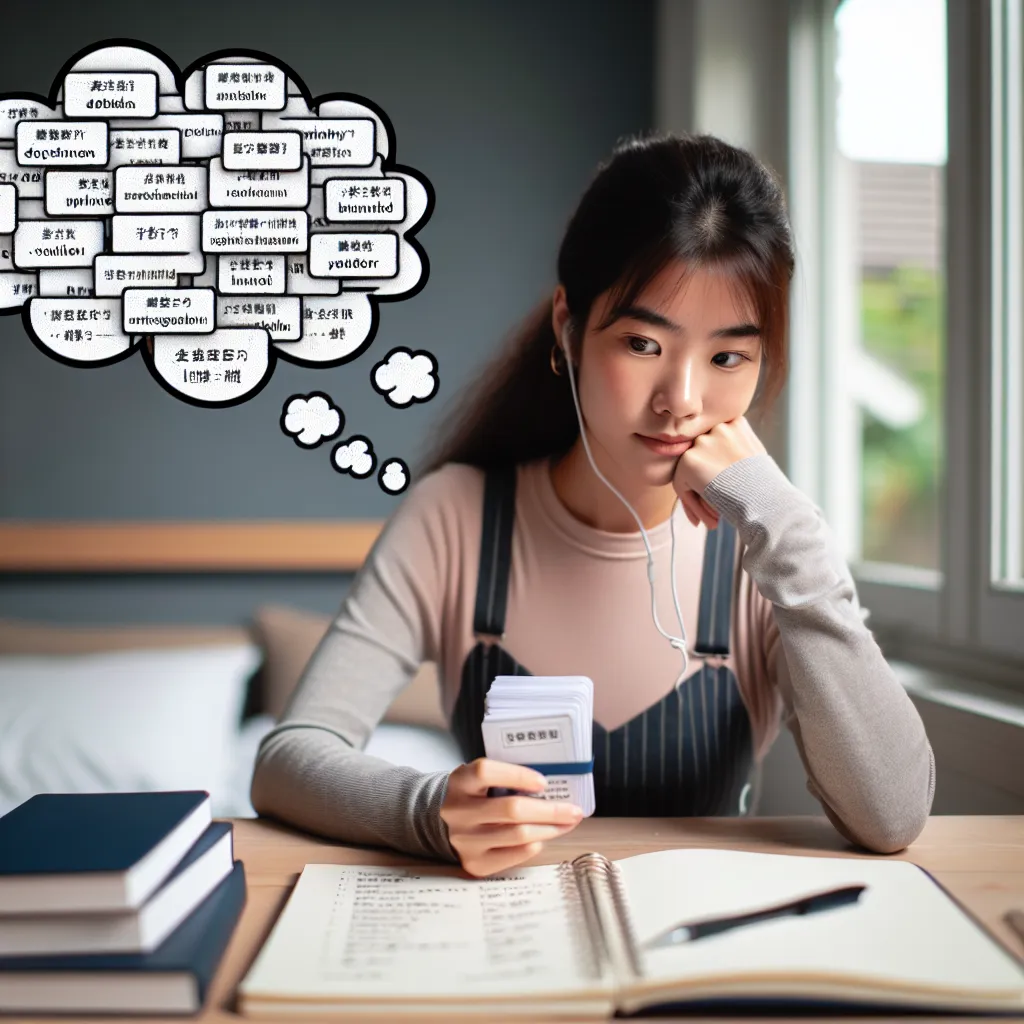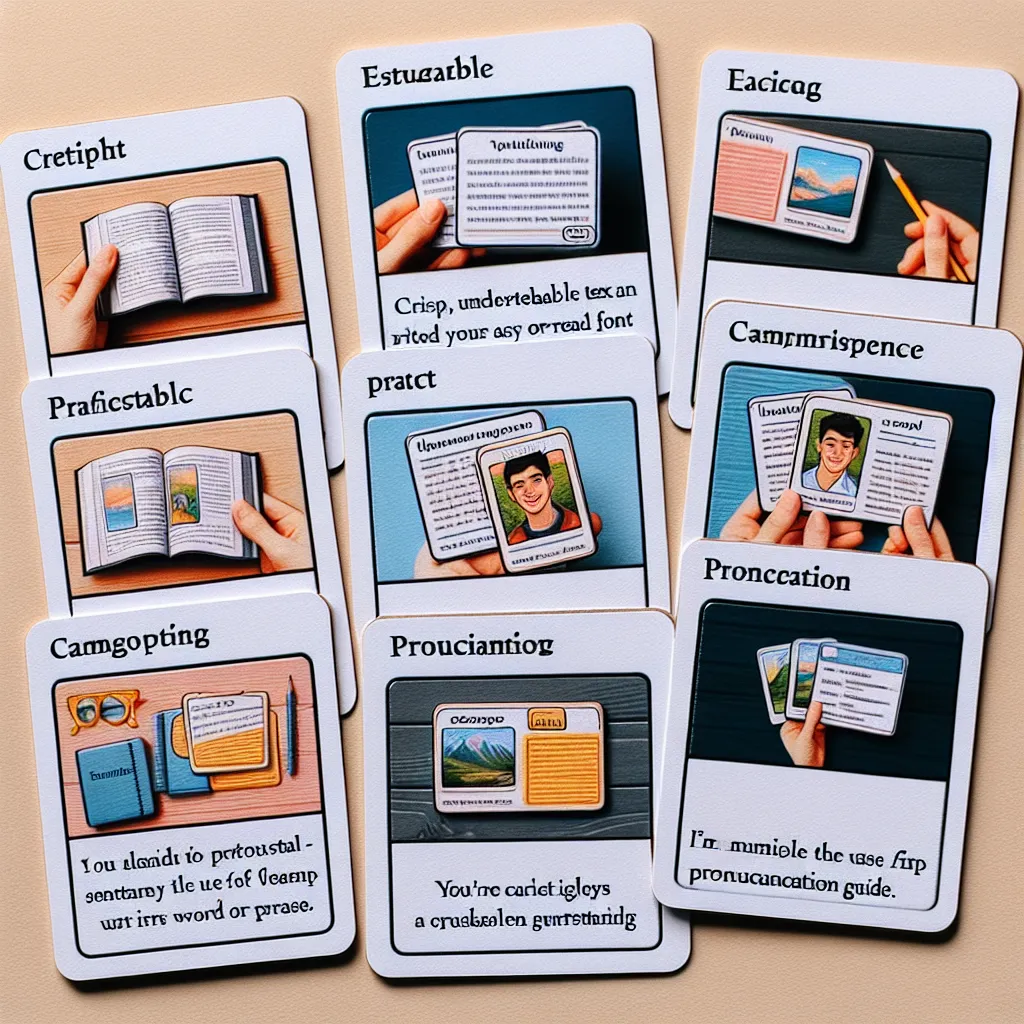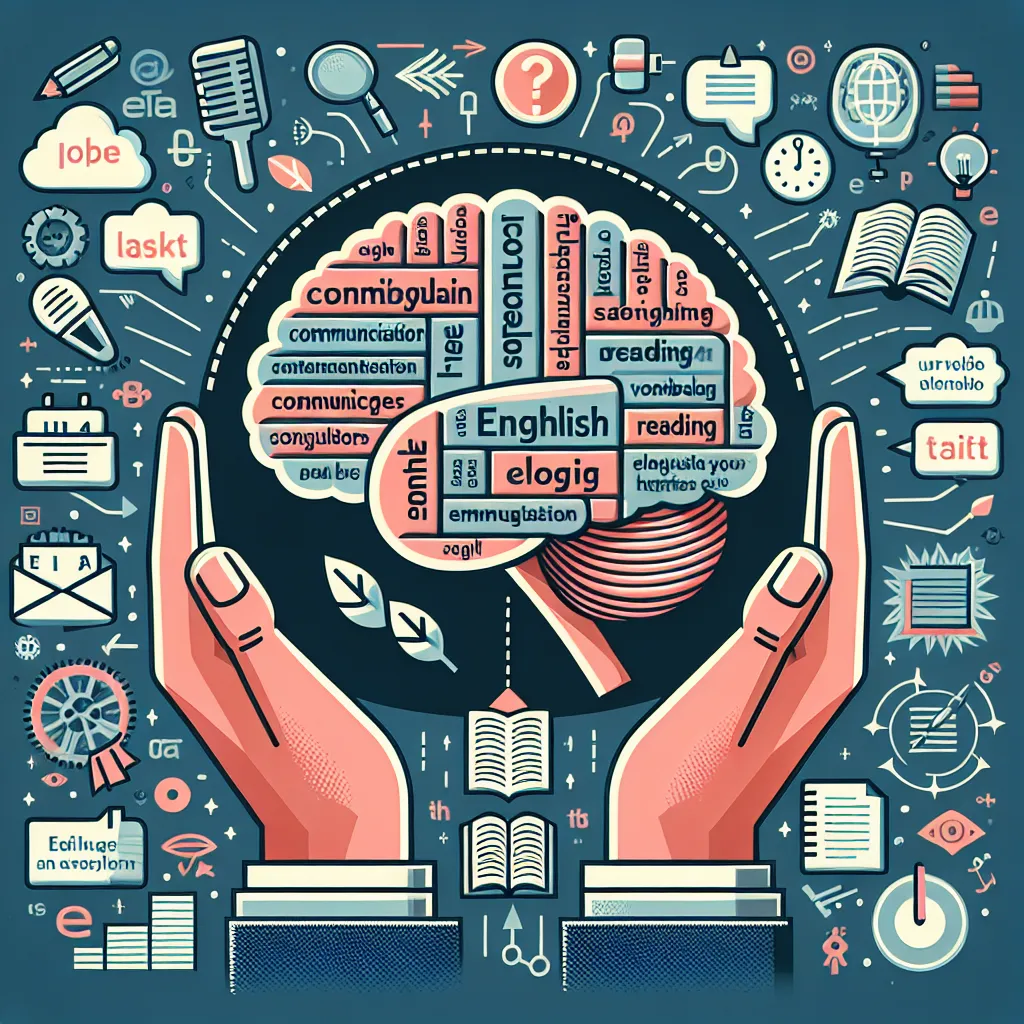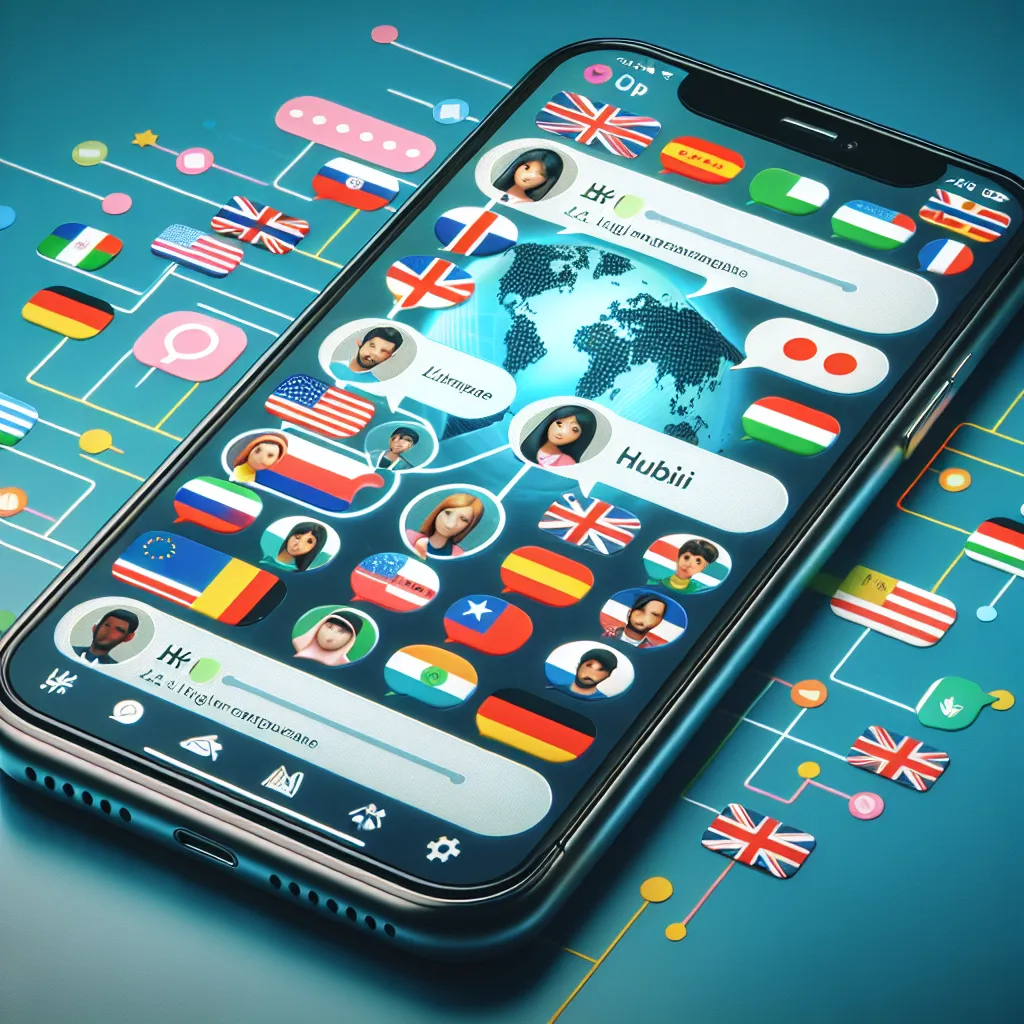Learning English vocabulary is a crucial aspect of language acquisition, and flashcards have proven to be an effective tool for this purpose. This guide will explore how to maximize your vocabulary learning using flashcards, providing practical tips and strategies for learners at all levels.
Understanding the Power of Flashcards in Vocabulary Learning
Flashcards are simple yet powerful tools for vocabulary acquisition. They work by leveraging active recall, a learning principle that enhances memory retention. When you use flashcards, you’re not just passively reading words; you’re actively trying to remember them, which strengthens neural connections in your brain.
 Flashcard Learning Process
Flashcard Learning Process
Why Flashcards Are Effective for Vocabulary
- Active Recall: Flashcards force you to retrieve information from memory, which is more effective than passive reading.
- Spaced Repetition: They allow for easy implementation of spaced repetition, a technique that optimizes learning by reviewing information at increasing intervals.
- Portability: Flashcards are easy to carry and use anytime, anywhere.
- Customization: You can create cards tailored to your specific learning needs and interests.
Creating Effective Flashcards for English Vocabulary
The first step in learning with flashcards is creating them effectively. Here’s how to make the most of your flashcards:
Choose the Right Words
- Relevance: Select words that are relevant to your learning goals or specific areas of interest.
- Frequency: Focus on high-frequency words that you’re likely to encounter often.
- Difficulty: Include a mix of easy and challenging words to maintain motivation.
Design Your Flashcards
- Clarity: Write clearly and use a large font for easy reading.
- Context: Include example sentences on the back of the card to show usage.
- Visuals: Add images or drawings to enhance memory association.
- Pronunciation: Include phonetic spelling or IPA for difficult words.
 Flashcard Design Elements
Flashcard Design Elements
Effective Strategies for Using Vocabulary Flashcards
Once you have your flashcards ready, it’s time to use them effectively. Here are some strategies to optimize your learning:
1. Implement Spaced Repetition
Spaced repetition is a learning technique where you review information at gradually increasing intervals. Here’s how to apply it:
- Review new cards daily
- Move cards you know well to a “less frequent” pile
- Review the “less frequent” pile weekly, then monthly
2. Use Both Sides of the Card
Don’t just practice from English to your native language. Reverse the process to strengthen your recall:
- English word → Native language definition
- Native language word → English definition
3. Study in Short, Focused Sessions
Short, frequent study sessions are more effective than long, infrequent ones:
- Aim for 15-20 minute sessions
- Study at least once a day
- Take breaks between sessions to allow for memory consolidation
4. Combine with Other Learning Methods
Flashcards work best when combined with other learning strategies:
- Use the words in conversation practice
- Write sentences or short stories using the new vocabulary
- Listen to English content that includes the words you’re learning
For more strategies on enhancing your English vocabulary in specific fields, check out our article on strategies for enhancing English vocabulary in specific fields.
Digital Flashcard Apps and Resources
While physical flashcards are great, digital flashcard apps offer additional features and convenience:
- Anki: A powerful, customizable flashcard app with spaced repetition built-in.
- Quizlet: User-friendly with a vast library of pre-made decks.
- Memrise: Combines flashcards with gamification elements.
- Brainscape: Uses a confidence-based repetition system.
These apps can sync across devices, track your progress, and offer features like audio pronunciation.
Common Mistakes to Avoid When Learning with Flashcards
To make the most of your flashcard learning, avoid these common pitfalls:
- Overloading Cards: Don’t put too much information on one card. Keep it simple and focused.
- Neglecting Context: Always include example sentences to understand word usage.
- Ignoring Pronunciation: Make sure to practice saying the words out loud.
- Inconsistent Review: Regular review is key. Set a schedule and stick to it.
Next Steps: Putting Your Vocabulary into Practice
Learning vocabulary with flashcards is just the beginning. To truly master new words, you need to use them actively:
- Speaking Practice: Use your new vocabulary in conversations. Consider joining a language exchange program or finding a speaking partner.
- Writing Exercises: Write short essays or journal entries incorporating your new words.
- Reading Practice: Look for texts that include the vocabulary you’re learning. This reinforces your understanding in context.
- Listening Activities: Watch English videos or listen to podcasts that use your target vocabulary.
For more ideas on how to practice your English skills, including vocabulary, check out our article on effective strategies to boost English speaking.
Conclusion
Learning English vocabulary with flashcards is an efficient and effective method that can significantly boost your language skills. By creating well-designed cards, implementing spaced repetition, and combining flashcard study with active language use, you can rapidly expand your vocabulary and improve your overall English proficiency.
Remember, consistency is key. Make flashcard study a regular part of your language learning routine, and you’ll see impressive results over time. Don’t be afraid to experiment with different techniques and digital tools to find what works best for you. Happy learning!




